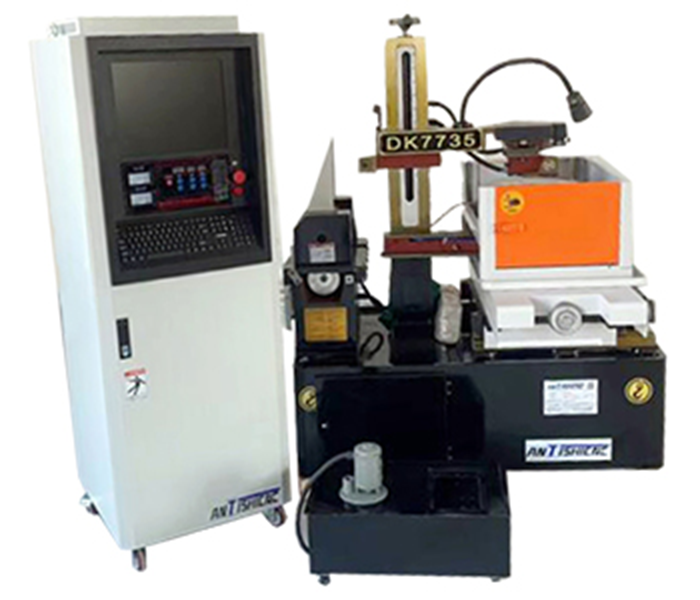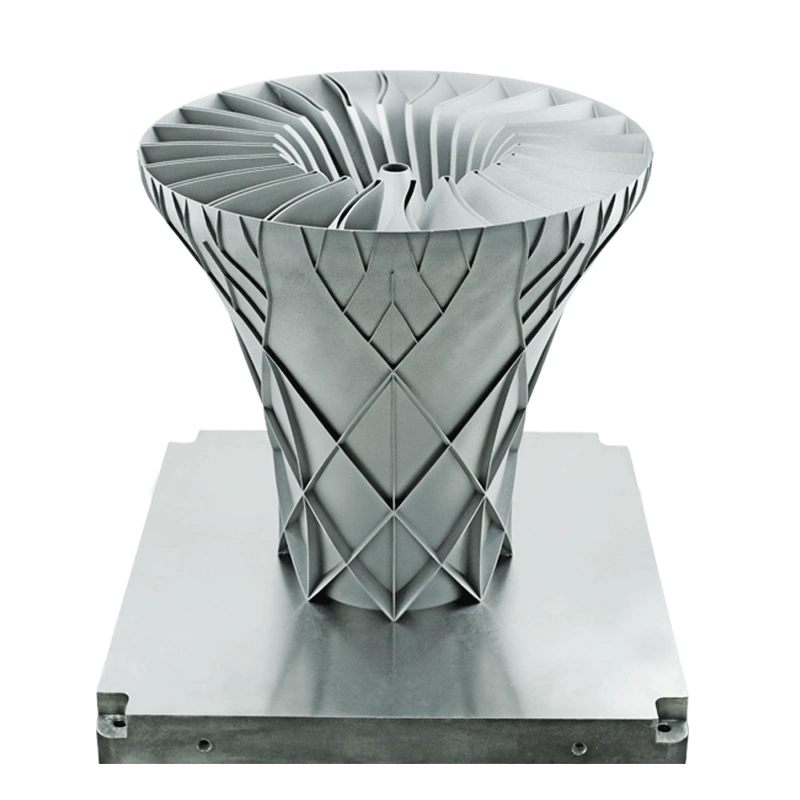
With the wide application of 3D printing technology in the manufacturing industry, wire cutting technology, as an efficient and accurate post-processing means, is gradually becoming a key factor to improve the quality and performance of 3D printing products. The combination of these two advanced technologies not only brings higher production efficiency and product accuracy to the manufacturing industry, but also provides a new solution for the manufacture of complex parts.

| High precision separation |
| Wire-cutting technology can achieve high precision cutting at the micron level, ensuring that the separation surface of the workpiece and the substrate is smooth and smooth to avoid damage to the workpiece. |
| High efficiency separation |
| For mass-produced 3D printed workpieces, wire-cutting technology can significantly reduce post-processing time and improve production efficiency. |
| Lossless separation |
| Wire cutting technology is cut by electric spark discharge, and the mechanical stress on the workpiece is small, which can avoid the deformation or damage of the workpiece that may be caused by traditional methods (such as prying, knocking). |
| High degree of automation |
| Wire cutting equipment can be programmed for automated operation, reducing manual intervention and improving separation consistency and reliability. |
| Wide applicability of materials |
| The cutting technology is suitable for a variety of conductive materials, including metals (such as titanium, aluminum, stainless steel) and certain composite materials. |
| Good surface quality |
| The separation surface roughness after wire-cut machining is low, and can usually meet the requirements of use without further processing. |
Wire-cut technology efficiently and losslessly separates 3D printed parts from substrates through precise path planning and automated operation. Here is the process:
1.Preparation
Check the connection between the workpiece and the substrate.
Analyze material characteristics and determine cutting parameters.
2.Model and path planning
Import 3D model and design cutting path.
Set wire cutting parameters (such as wire type, cutting speed, etc.).
3.Clamping and positioning
The workpiece and the substrate are fixed on the wire cutting machine.
Use positioning system to ensure accurate cutting path.
4.Wire cutting processing
Install wire and start cutting procedure.
The electrode wire erodes the material by electrical spark discharge, separating the workpiece from the substrate.
Use working liquid cooling and chip removal.
5.Separation and post-processing
Remove the workpiece and clean the separating surface.
Optional: Polishing or sanding and other follow-up treatment.
6.Quality inspection
Check dimensional accuracy and surface quality to ensure compliance.
Recently, we were approached by a workpiece manufacturer who wanted to cut the workpiece from the 3D printed substrate of aluminum and stainless steel, the maximum size of aluminum and stainless steel workpiece is 300x300x450mm, and then matched him with the DK7735 fast wire cutting machine, which can meet his needs.


